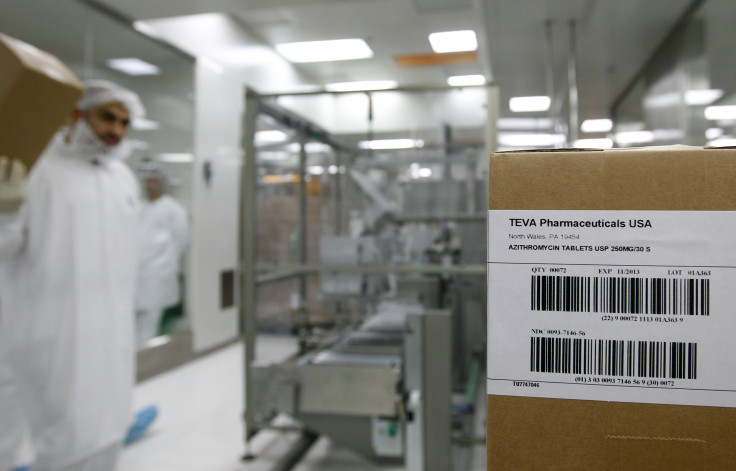US Opioid Crisis: Teva Pharmaceutical Found Liable In Landmark Trial
In a landmark ruling Thursday, a New York jury ruled that Israeli drugmaker Teva Pharmaceuticals contributed to decades of opioid addiction and deaths in the state.
The state of New York and the two Long Island counties, Nassau and Suffolk, argued that pharmaceutical companies played a role in furthering a “public nuisance,” which involves interfering with a public right.
Teva and its subsidiaries were accused of fueling the opioid epidemic by downplaying opioids' addiction risks as well as marketing them for unintended uses.
“Today, we took a significant step in righting the wrongs this country has collectively experienced over the last two decades,” New York Attorney General Letitia James said in a statement.
The attorney general’s office filed the lawsuit in 2019. The ruling is expected to prompt more state and local governments to sue the pharmaceutical industry.
Teva said it will appeal the decision. The company had sought a mistrial, claiming the state exaggerated how many opioids the company sold.
“In NY, the plaintiffs presented no evidence of medically unnecessary prescriptions, suspicious or diverted orders, no evidence of oversupply by the defendants – or any indication of what volumes were appropriate – and no causal relationship between Teva’s conduct including its marketing and any harm to the public in the state,” a press release by Teva read.

Teva has two opioids cited in the lawsuit brought against it by New York state, both of which were cited for cancer patients in severe pain.
According to the lawsuit, “Teva deployed its sales force to promote [Actiq and Fentanora] off-label in New York, beyond the patient types and indications for which they were approved, in order to claim its piece of the broader chronic non-cancer pain market. This campaign was deceptive because it represented that Actiq and Fentanora were safe, effective and approved for patients and uses for which they were not.”
Teva promoted off-label drugs outside of their authorized use for cancer patients, downplaying the risks, according to the lawsuit.
The opioid epidemic has resulted in 500,000 deaths since 1999.
Another trial will determine how much Teva must pay.
© Copyright IBTimes 2025. All rights reserved.






















